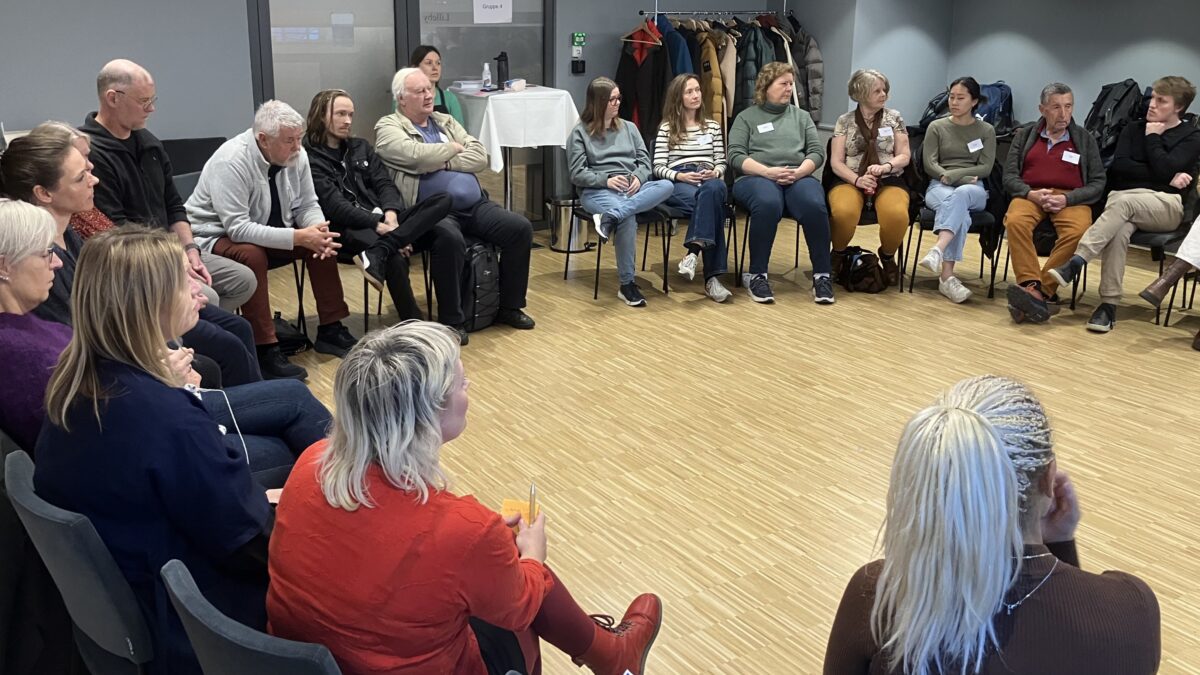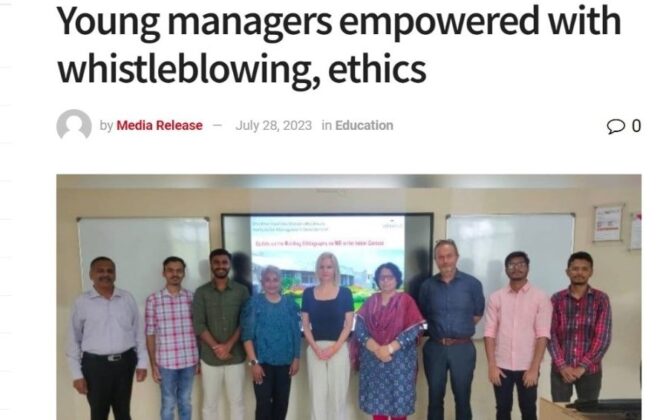Bringing citizens’ vision into health innovation
The first weekend of November, the Sustainable Healthy Futures pilot project ran a citizen engagement workshop in Trondheim. 17 Norwegian citizens worked together to develop some visions for healthy futures in Norway. The visions will be used as inspiration for another workshop with experts and stakeholders next spring.
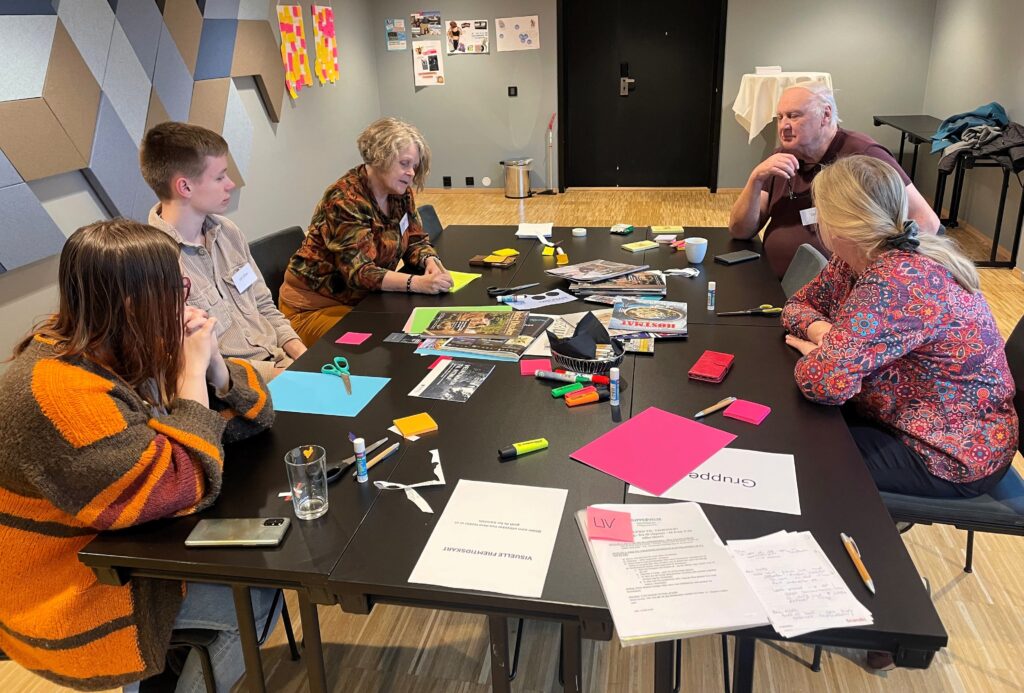
The participants worked hard and were very happy with their experience. They appreciated the chance of being able to contribute to the discussion on such important issues and found that it gave hope for the future. The organizing team was also very satisfied: organizing and running the workshop was a significant task, but in the end it was more successful than they dared to hope. The workshop is one of the key events of the Sustainable Healthy Futures pilot project, a collaboration between AFINO and NTNU Health.
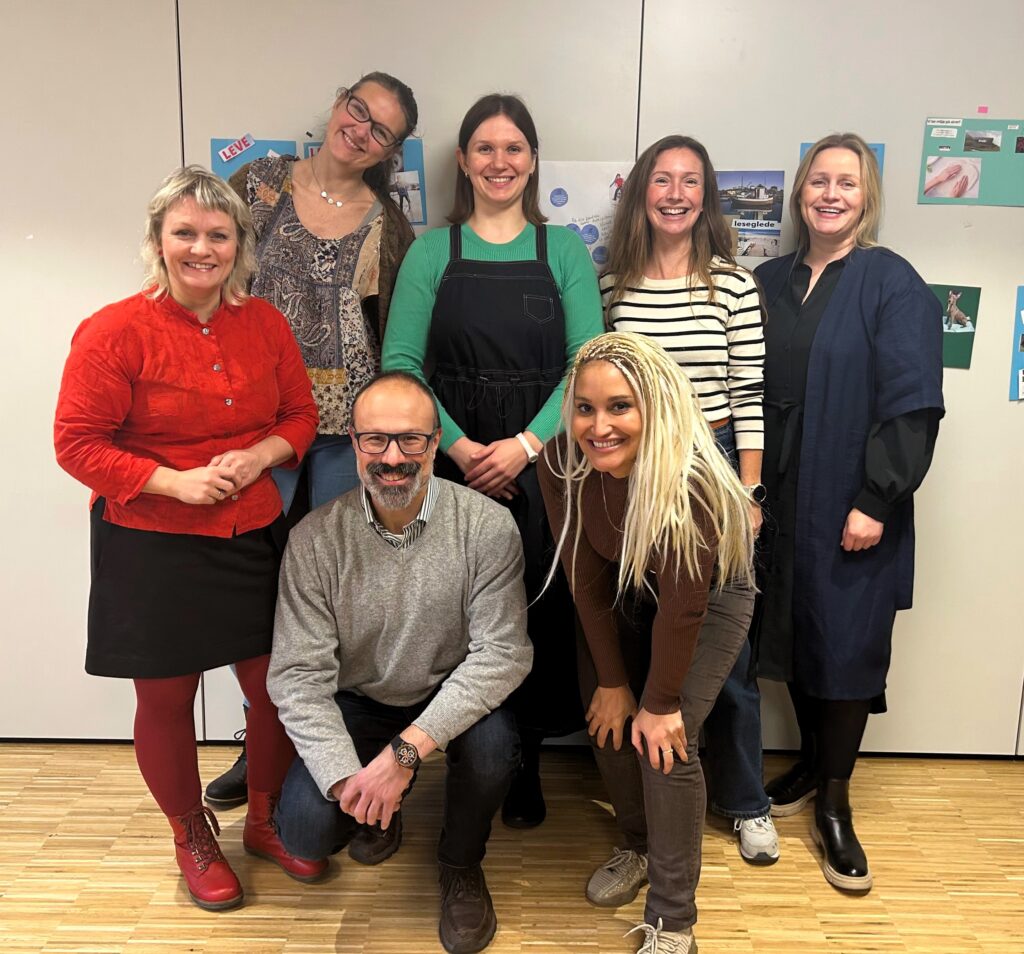
It took months to design and plan the workshop. The organizing team included Giovanni De Grandis and Natalia Murashova from AFINO, Liv Eggset Falkenberg and Ann Iren Jamtøy from NTNU Health, Trude Arntsen innovation leader at the Faculty of Architecture and Design NTNU, Tora Bonnevie, Sustainability coordinator at the Faculty of Medicine and Health Sciences NTNU, Bjørn Bedsted and Sissel Fibecker Ladegaard from the Danish Board of Technology, and Alexandra Esdaile from the Programme for Applied Ethics, NTNU.
Enabling public involvement in research and innovation and promoting a proactive shaping of the future are main objectives of Responsible Research and Innovation.
AFINO and NTNU Health are committed to engaging the public and the experts in imagining a sustainable future for health. Before this workshop, they had already organized two hackathons with students, and (in collaboration with NIFU) a Future Literacy Lab with experts.
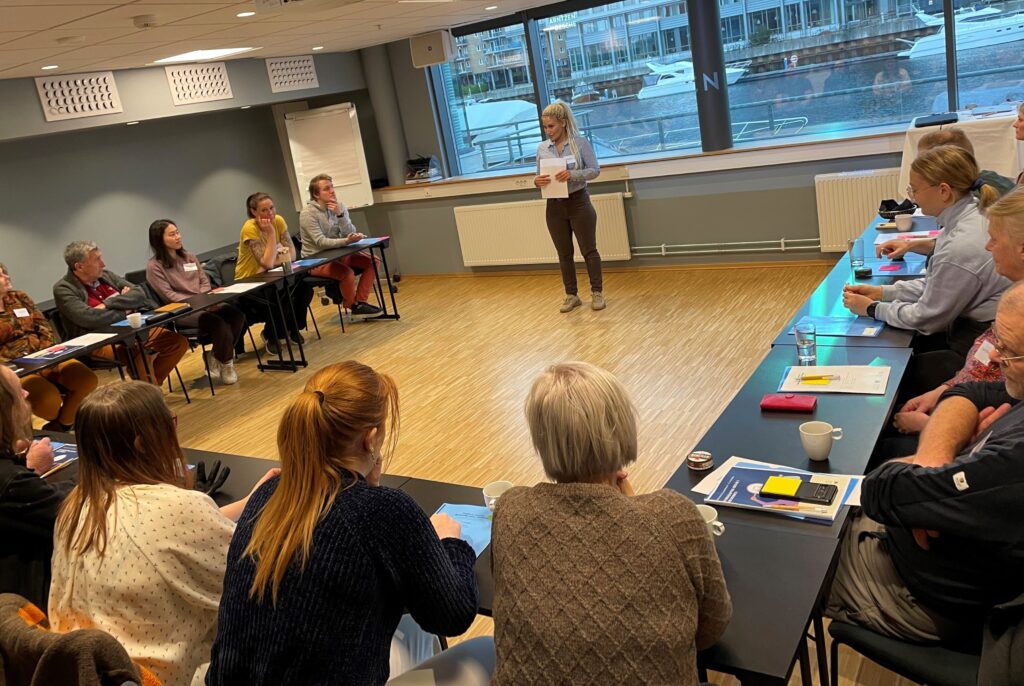
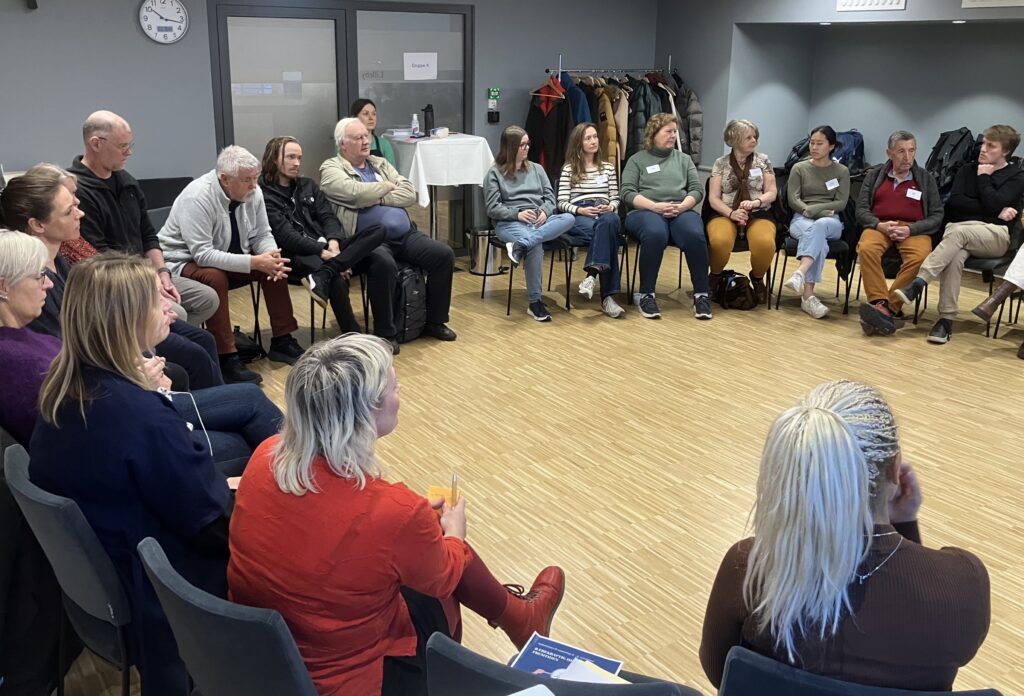
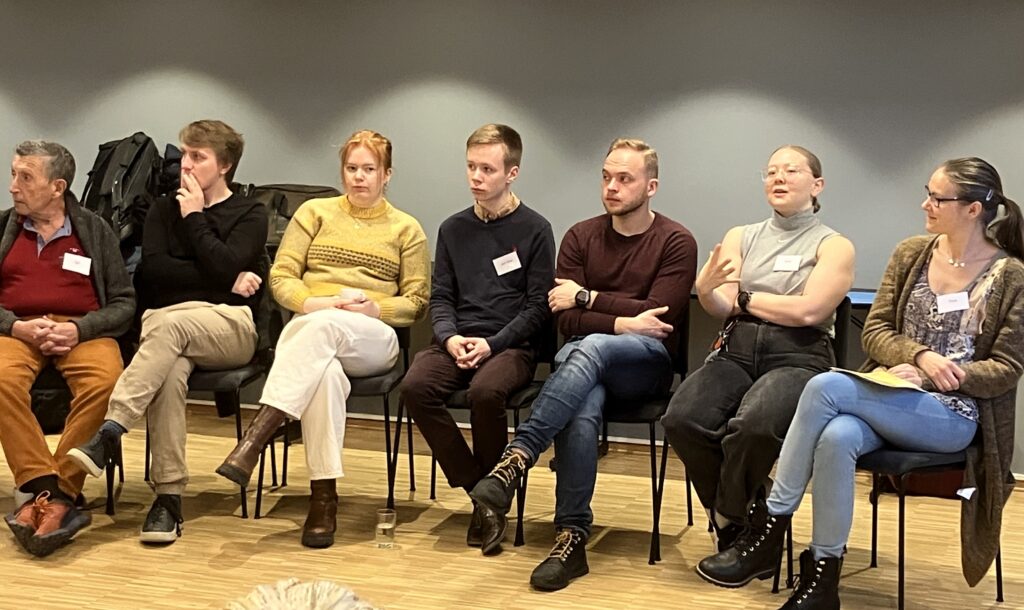
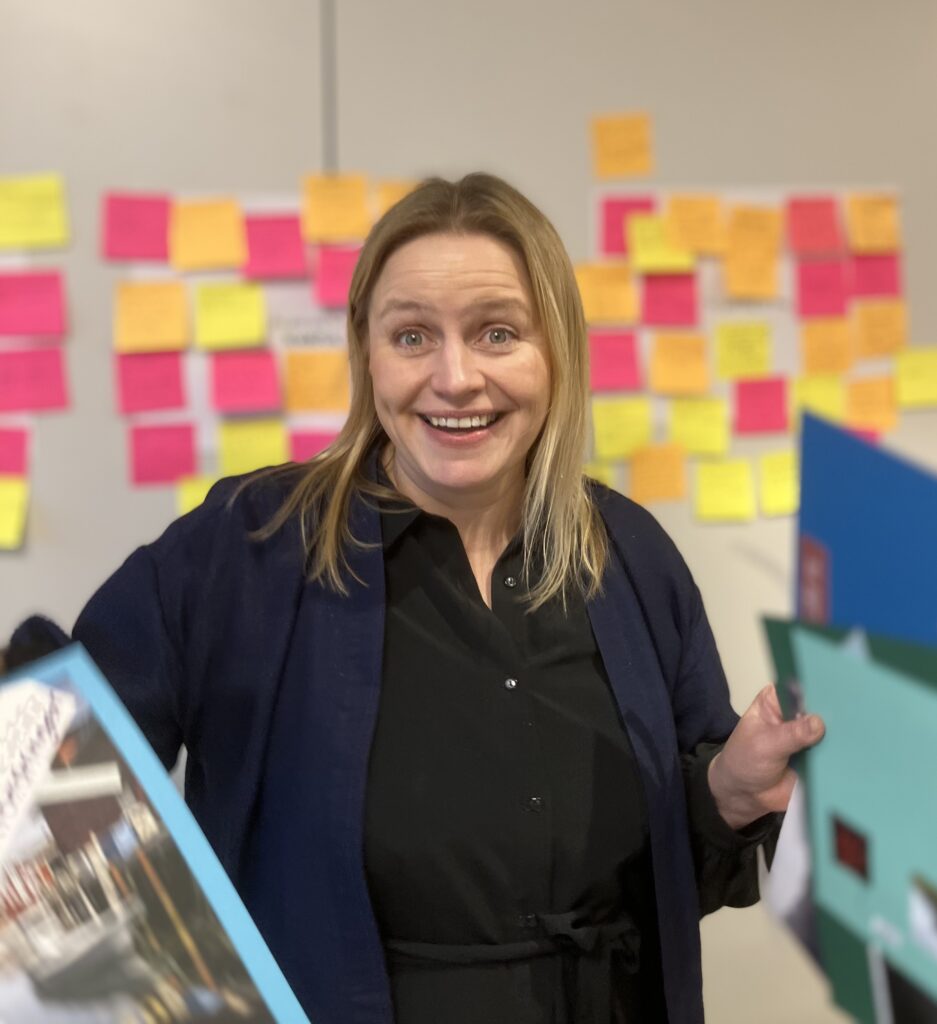
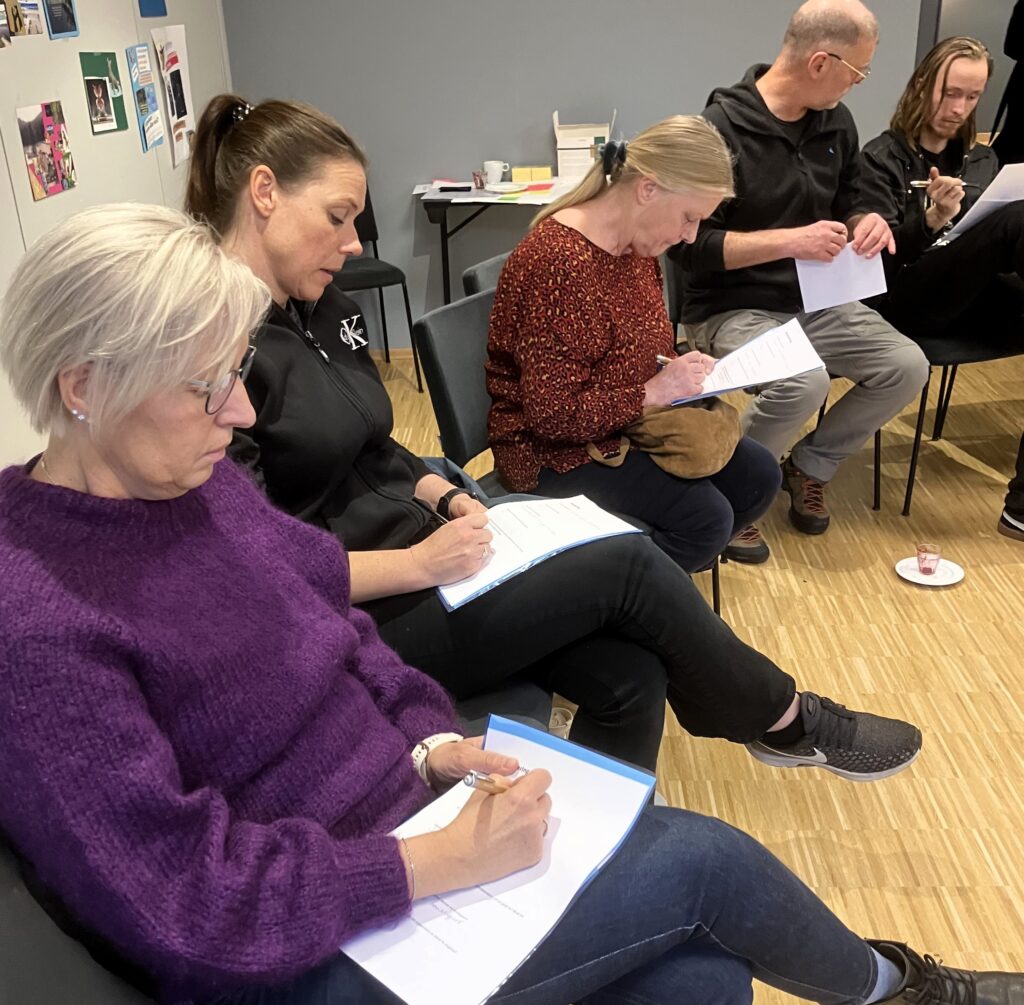
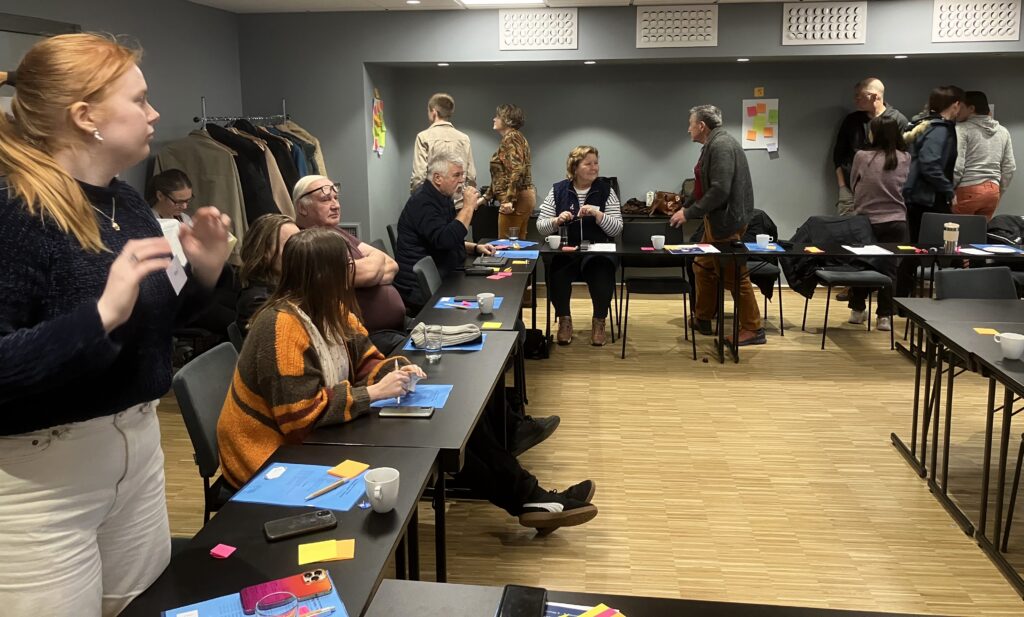
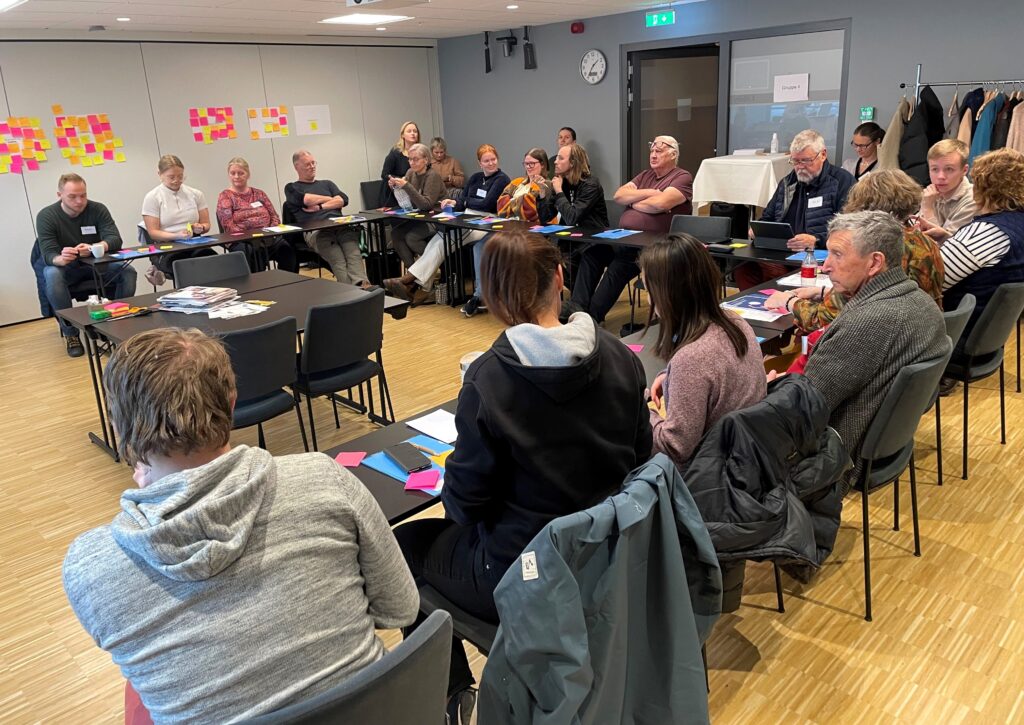
Photos are published with consent from the participants. The photos are taken by the organizers.
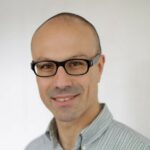
Giovanni De Grandis
Giovanni De Grandis has a PhD in Philosophy. In the last ten years he has worked in several transdisciplinary projects and initiatives in the areas of health, new technologies, innovation and public policy. He is the coordinator of the AFINO project and leads Work Package 2.

